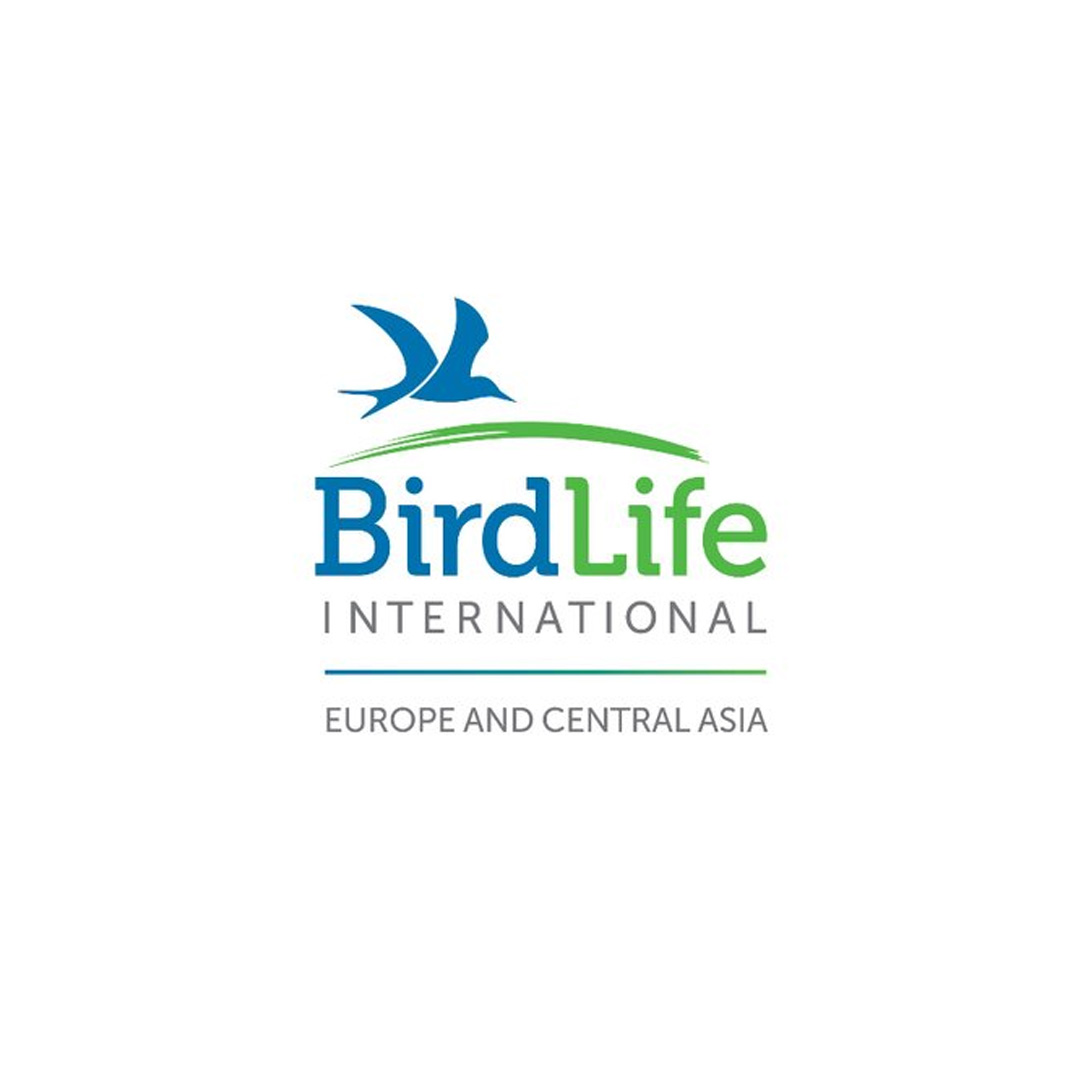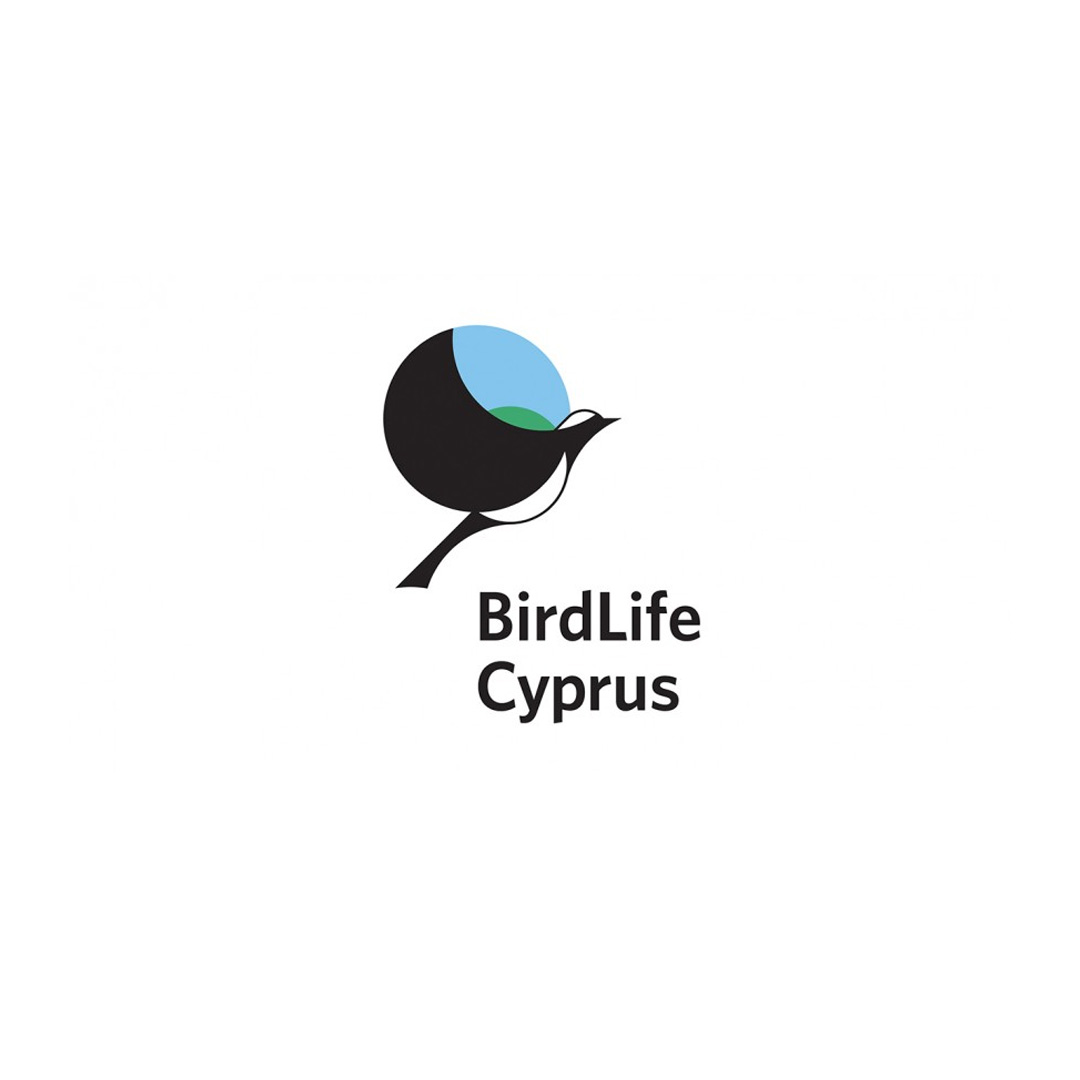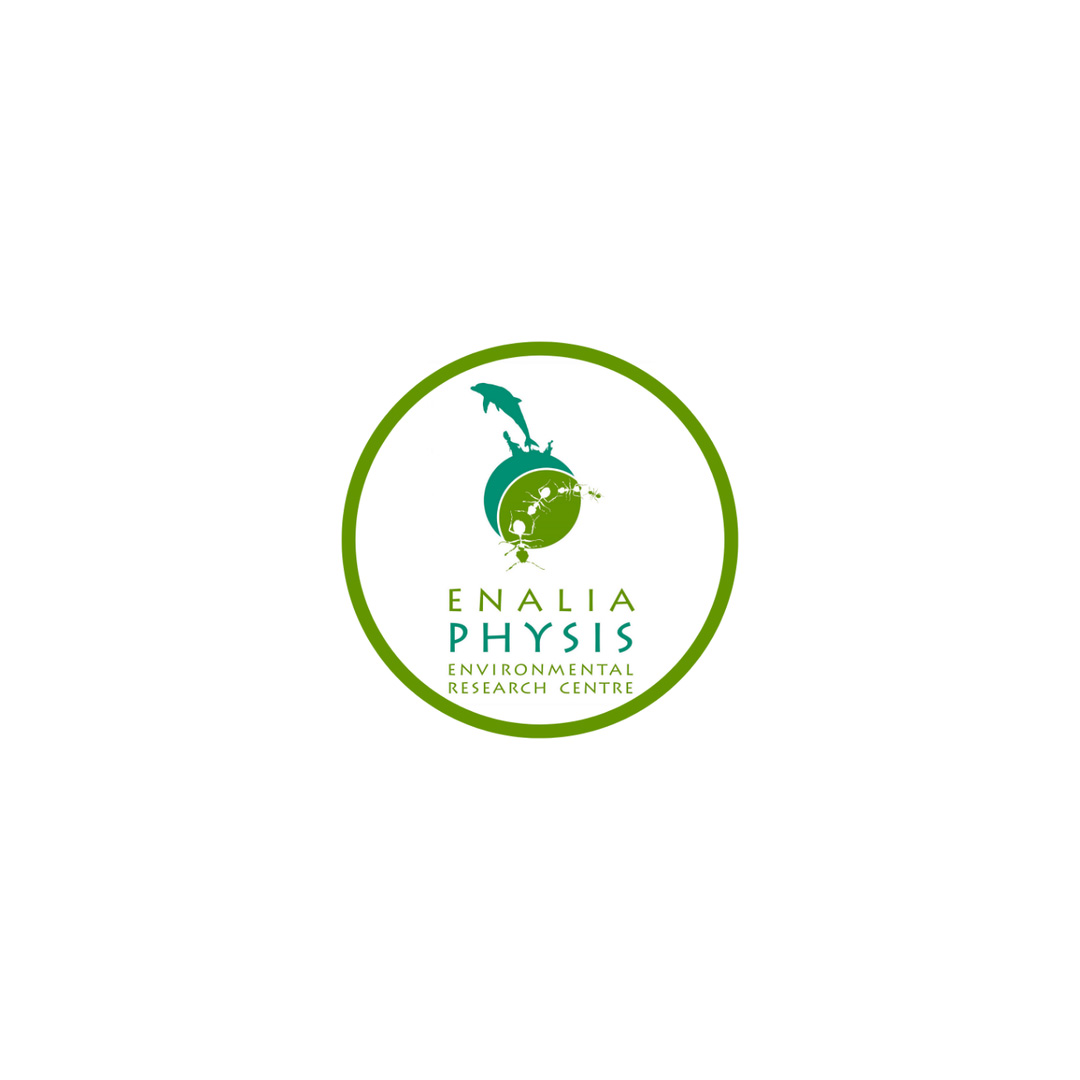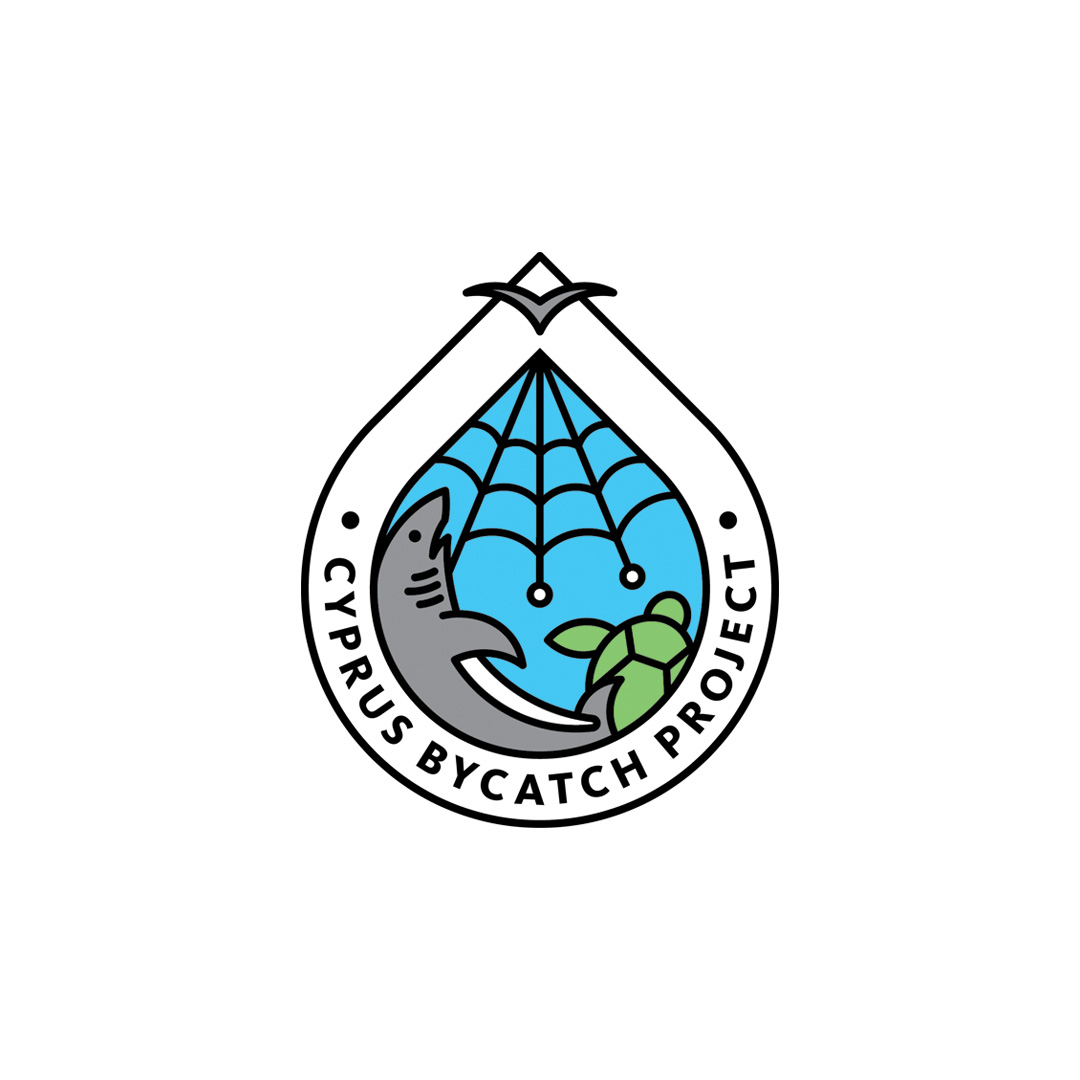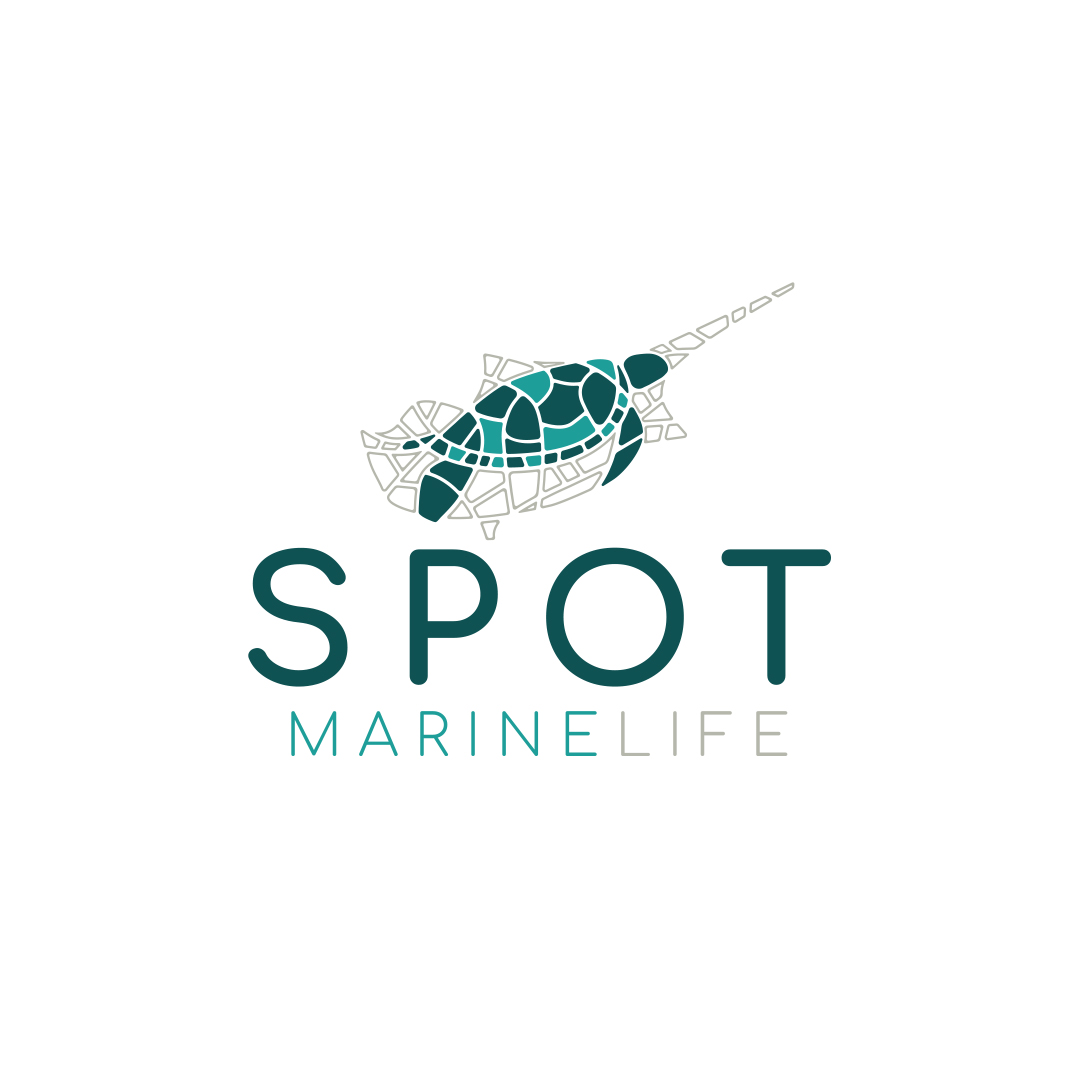Cyprus Bycatch Project
Conserving Marine Life in North Cyprus
Phase I 2018-2020
Onboard observers made observations of fishing activities onboard permitted vessels, while participatory and trained fishers made notes on their own fishing activities. Using a protocol established with partners across the Mediterranean and led by the General Fisheries Commission for the Mediterranean, we estimate that thousands of sea turtles and tens of thousands of threatened elasmobranch species are being caught annually across Cyprus.
With support of WWF Turkey and Eastern Mediterranean University, SPOT organised a workshop on Small-scale Fisheries Co-Management for North Cyprus. The workshop found common ground among stakeholders for updating legislation toward more sustainable fishing and developing small-scale fisheries co-management.
LED lights which SPOT have been trailing since 2013 were further developed and trialled with UK bycatch mitigation specialists FishTek. The LEDs were found to reduce green turtle bycatch by 70 percent.
Workshops were made across the region to engage fishers and stakeholders. A bicommunal photographic exhibition was held across the island and a short “community voice” style film was produced to promote problems that the Northern Cyprus fishery sector faces.
SAFE HANDLING AND RELEASE OF SHARKS AND RAYS
FIshIng In our Country: Where Is It GoIng?
Phase II 2020-2022
In phase II the project builds on the results of phase I to develop bycatch reduction through a multifaceted approach:
- Advocacy and policy – Working with the authorities to develop MPAs to protect nesting sea turtles, breeding monk seals as well as to help secure fisheries resources. Advocating for the inclusion of a range of elasmobranch species and aligning North Cyprus legislation to international norms for these species. Advising limitations on certain high bycatch fishing measures while supporting the existing fishery by advocating against the development of more industrial fishing methods fishing grounds.
- Small-scale fisheries co-management pilot project – will provide fishery patrol vessels, other equipment, and training to collaborating fisheries cooperatives for their rangers to provide support to the authorities to patrol their fishing grounds against illegal fishing.
- Education – Outreach and awareness raising among professional fishers on the identification, reporting and safe release of threatened species. Disseminating information on bycatch to the public.
- Rollout of Bycatch Reduction Technology – Distributing thousands of LED lights to fishers under controlled broad-scale trial conditions.
- Research – Testing gillnets against trammel nets for a low bycatch alternative to trammel nets for siganids. Characterising the sports fishing community and understating its bycatch impacts on elasmobranchs and providing training resources on safe release.
